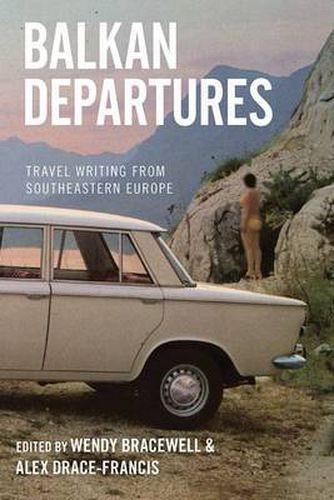Readings Newsletter
Become a Readings Member to make your shopping experience even easier.
Sign in or sign up for free!
You’re not far away from qualifying for FREE standard shipping within Australia
You’ve qualified for FREE standard shipping within Australia
The cart is loading…






In writings about travel, the Balkans appear most often as a place travelled to. Western accounts of the Balkans revel in the different and the exotic, the violent and the primitive
traits that serve (according to many commentators) as a foil to self-congratulatory definitions of the West as modern, progressive and rational. However, the Balkans have also long been travelled from. The region’s writers have given accounts of their travels in the West and elsewhere, saying something in the process about themselves and their place in the world. The analyses presented here, ranging from those of 16th-century Greek humanists to 19th-century Romanian reformers to 20th-century writers, socialists and ‘men-of-the-world’, suggest that travellers from the region have also created their own identities through their encounters with Europe. Consequently, this book challenges assumptions of Western discursive hegemony, while at the same time exploring Balkan ‘Occidentalisms’.
$9.00 standard shipping within Australia
FREE standard shipping within Australia for orders over $100.00
Express & International shipping calculated at checkout
In writings about travel, the Balkans appear most often as a place travelled to. Western accounts of the Balkans revel in the different and the exotic, the violent and the primitive
traits that serve (according to many commentators) as a foil to self-congratulatory definitions of the West as modern, progressive and rational. However, the Balkans have also long been travelled from. The region’s writers have given accounts of their travels in the West and elsewhere, saying something in the process about themselves and their place in the world. The analyses presented here, ranging from those of 16th-century Greek humanists to 19th-century Romanian reformers to 20th-century writers, socialists and ‘men-of-the-world’, suggest that travellers from the region have also created their own identities through their encounters with Europe. Consequently, this book challenges assumptions of Western discursive hegemony, while at the same time exploring Balkan ‘Occidentalisms’.